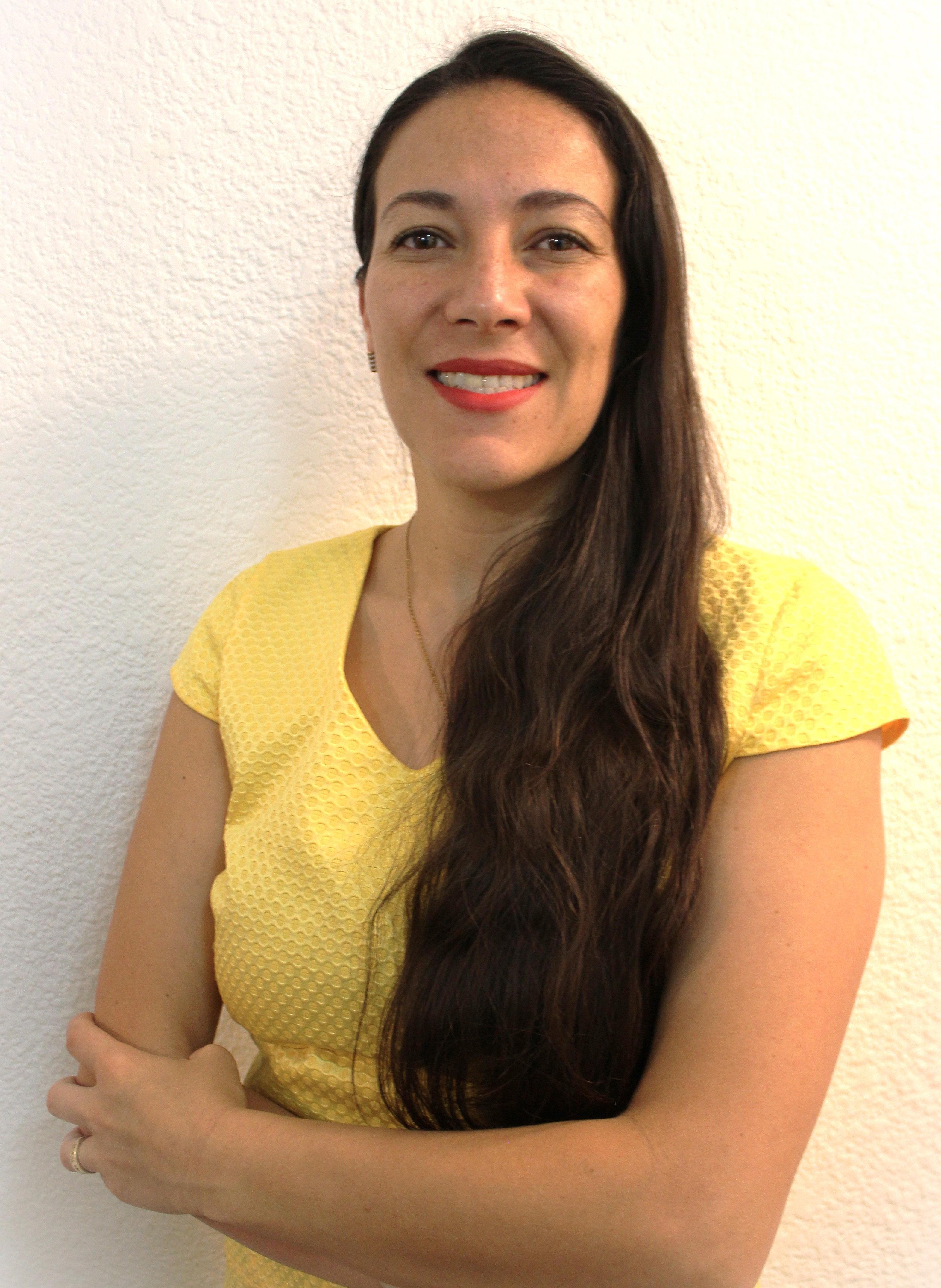Speakers
Arturo Cervantes Trejo
Surgeon from UNAM with Master's and Doctorate degrees in public health from Harvard University. From the Federal Health Secretariat, he was responsible for the design and implementation of the Mexican Road Safety Initiative (IMESEVI). He directed the first National Program for Road Safety in Mexico and founded the National Breathalyzer Program, promoting the formation of the National Network of Road Safety Auditors and the National System of Road Safety Trainers of IMESEVI. At the international level, he promoted Mexico's adherence to the United Nations Global Plan for Road Safety and the Decade of Action for Road Safety. He was a representative for Mexico in the Group of Friendly Countries of the United Nations Decade of Action for Road Safety and founder of the Ibero-American Road Safety Observatory OISEVI. He promoted the National Road Safety Strategy 2011 – 2020, enacted into Law in 2011 and is the recipient of the 2012 National Road Safety Award, granted by the National Association of Private Transport of Mexico. He currently also serves as coordinator of the Observatory for the Decade of Action for Road Safety.
Loading component...
BERNARDO BARANDA SEPÚLVEDA
Bernardo has developed his professional career promoting the improvement of urban accessibility mainly through projects, publications, interviews and events. Since 2006 he joined the Institute for Transportation and Development Policy (ITDP), a non-profit organization that advises governments on projects that make mobility more efficient, sustainable and equitable for people in cities, and currently coordinates the organization's offices in Mexico and Brazil. In addition to a bachelor's degree in Civil Engineering from the Universidad Nacional Autónoma de México, he holds a master's degree in Transportation Engineering from IHE-TU in Delft, The Netherlands, and a master's degree in Development Project Management and Implementation from the University of Manchester in the United Kingdom. He teaches in the Master of Urbanism at UNAM and in the Master of City at Universidad Centro.
Loading component...
Bosco Marti Ascencio
He is President of Fundación Aleatica and Global Director of Institutional Relations and Communications at Aleatica, a transport infrastructure operator with a presence in Spain, Italy, and key markets across Latin America.
Previously, Martí served for six years as Executive Director for Mexico and the Dominican Republic on the Board of Directors of the Inter-American Development Bank and the Inter-American Investment Corporation, based in Washington, D.C.
With a career spanning more than two decades in the Mexican federal government under four presidents, Martí has held prominent positions in the areas of finance, diplomacy, and national security.


















